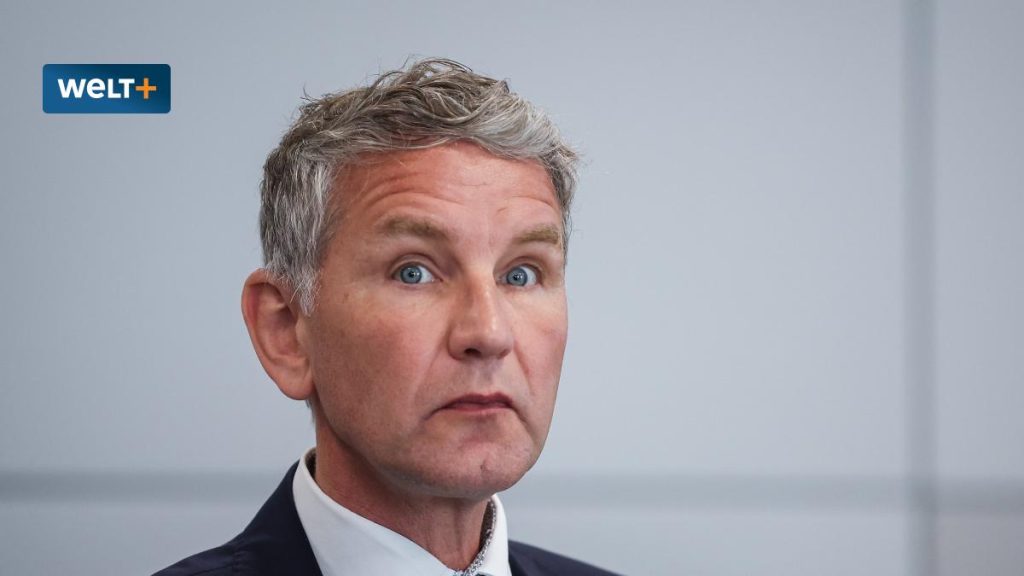The regional court in Halle has sentenced Björn Höcke, the leader of the AfD in Thuringia, to a fine for using a Nazi slogan. Höcke attempted to portray himself as a political martyr during the trial, while the judge was convinced that the act was intentional.
During the trial, it was revealed that Höcke had used the phrase “Deutschland den Deutschen” (Germany for the Germans) during a speech in 2017. This slogan has strong ties to the Nazi regime and is illegal to use in Germany today. Despite this, Höcke continued to defend his actions and claimed that he was being unfairly targeted for his political beliefs.
The judge, however, was not swayed by Höcke’s arguments and found him guilty of intentionally using a prohibited slogan. The court imposed a fine on Höcke as punishment for his actions. This decision has sparked a debate in Germany about the limits of free speech and the consequences of using language associated with Nazi ideology.
Höcke’s supporters have rallied around him, claiming that he is being persecuted for his right-wing political views. They believe that the court’s decision is an attack on their freedom of expression and are calling for solidarity with the controversial politician. However, critics argue that there must be consequences for using language that promotes hate and discrimination.
The case has reignited discussions about the role of the AfD in German politics and its use of inflammatory language. Many are concerned about the rise of far-right extremism in the country and the potential impact of allowing politicians like Höcke to spread hateful ideologies unchecked. The court’s decision is seen as a step towards holding individuals accountable for their words and actions, regardless of their political affiliations.
In conclusion, the trial of Björn Höcke has raised important questions about the boundaries of free speech and the responsibility of public figures to use language that does not incite violence or promote discrimination. While some may see the court’s decision as a violation of political freedom, others view it as a necessary measure to combat hate speech and extremism. The outcome of this case will have far-reaching implications for the future of German politics and the fight against right-wing radicalism.


